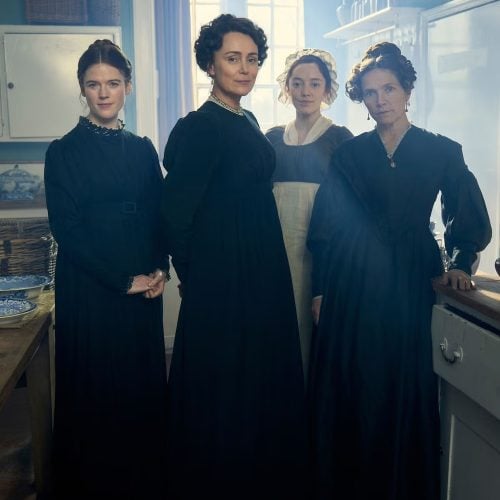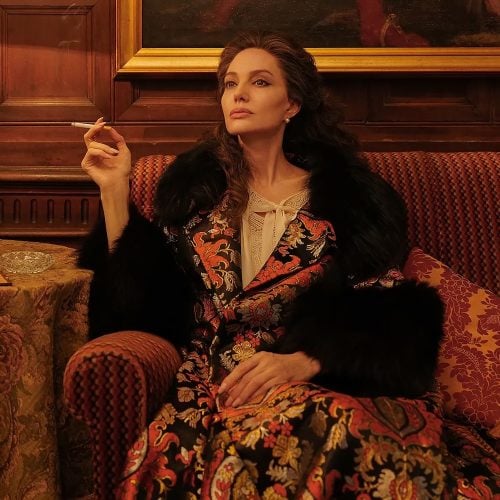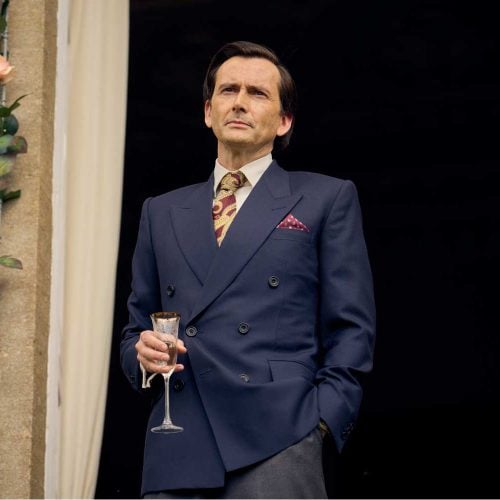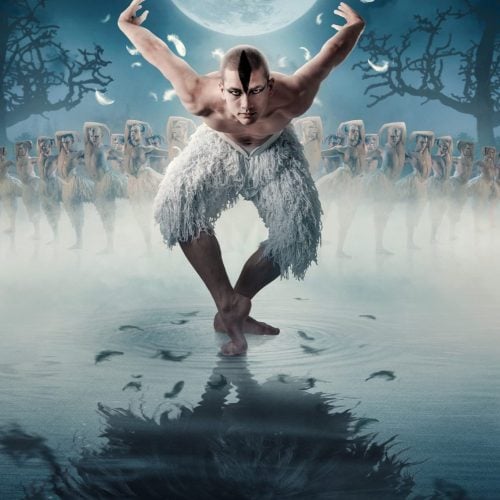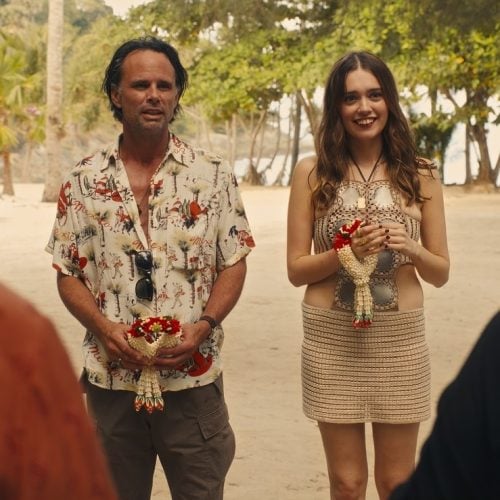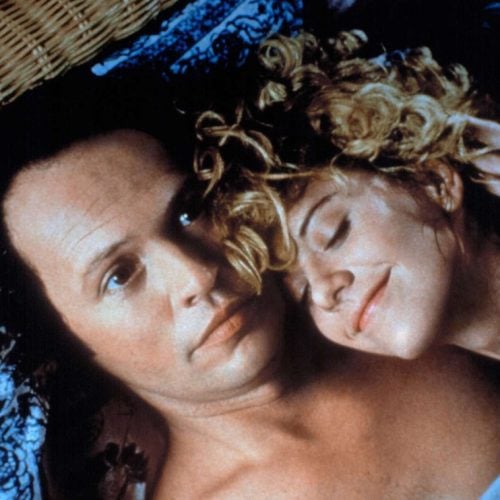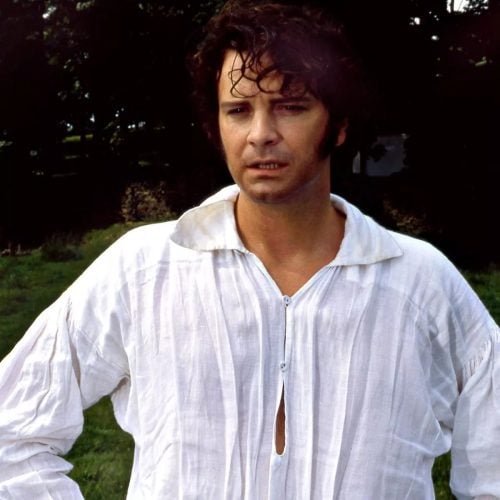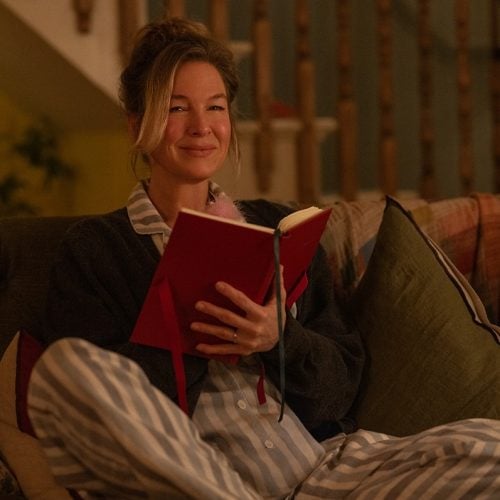Art in crisis: What is the future of opera?
Major funding cuts, a serious image problem and the English National Opera’s imminent move are just some of the issues facing opera. Muddy meets five leading voices to talk diversity, the need for change and opera’s survival.
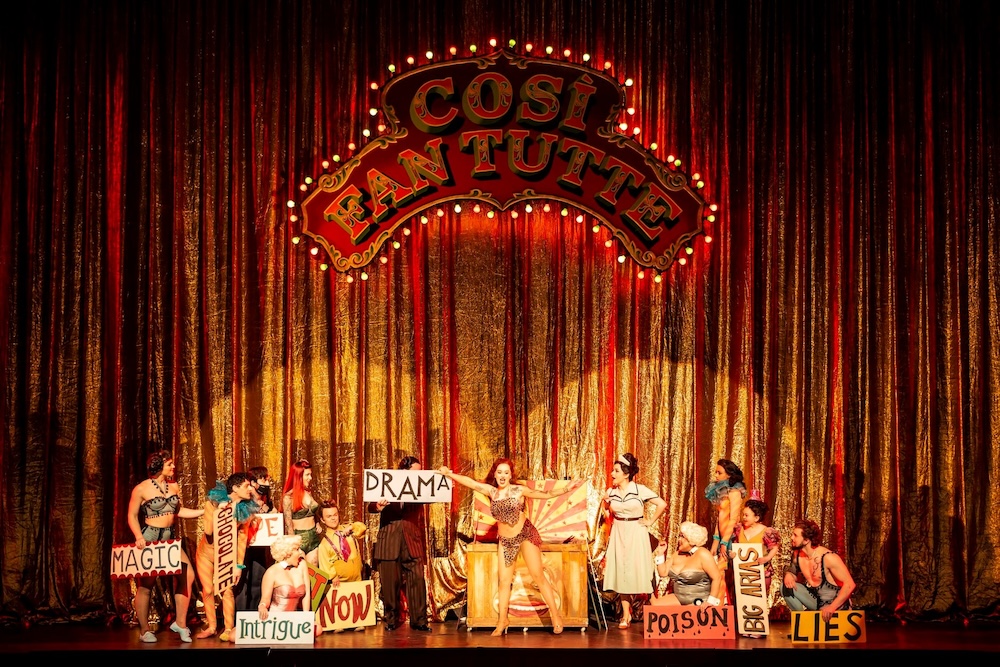
Drama, tragedy, love, heartbreak, humour, heroes, villains, power – opera has it all. It’s amazing there’s even a discussion about its future when Puccini et al., still pack such a punch, they give the 10 most watched on Netflix a run for their money. Yet, opera can’t quite shake the stigma of being archaic, elitist, expensive, and for the oldies. Opera lovers know this isn’t the case, but ask the masses and you’ll hear all those words on repeat to describe it.
One company on a mission to fight these tired old tropes is the English National Opera (ENO) and not just by singing in English. They offer discounted tickets for young people, perform a diverse repertoire of shows and there’s a more relaxed come-as-you-are vibe than the more formal Royal Opera House.
The ENO has made opera accessible. For many, their first opera was an ENO production – myself included – so understandably its recent announcement to move from London, a home it has held for over 90 years, to Greater Manchester due to funding cuts has caused more drama than a production of Carmen. If a renowned opera house such as the ENO isn’t safe, the future of opera looks pretty bleak, doesn’t it?
But the show must go on and there are companies out there, like the ENO, who are striving to sprinkle opera with stardust and make it cool, exciting and enticing – so that opera not only survives, but thrives.
Making diversity a mission
With a tagline of seeking harmony in diversity, Pegasus Opera Company has been creating opportunities for African, Caribbean and Asian heritage artists on the opera scene, both on and off the stage. Alison Buchanan, a successful opera singer in her own right and the only Black, British, female Artistic Director of an opera company in the UK, has made opera accessible to even more communities, extending its outreach into inner-city schools and produced new and more relevant stories – most recently a female-fronted double bill. Next in the pipeline is an ambitious production celebrating the Windrush generation and the impact of Black composers.
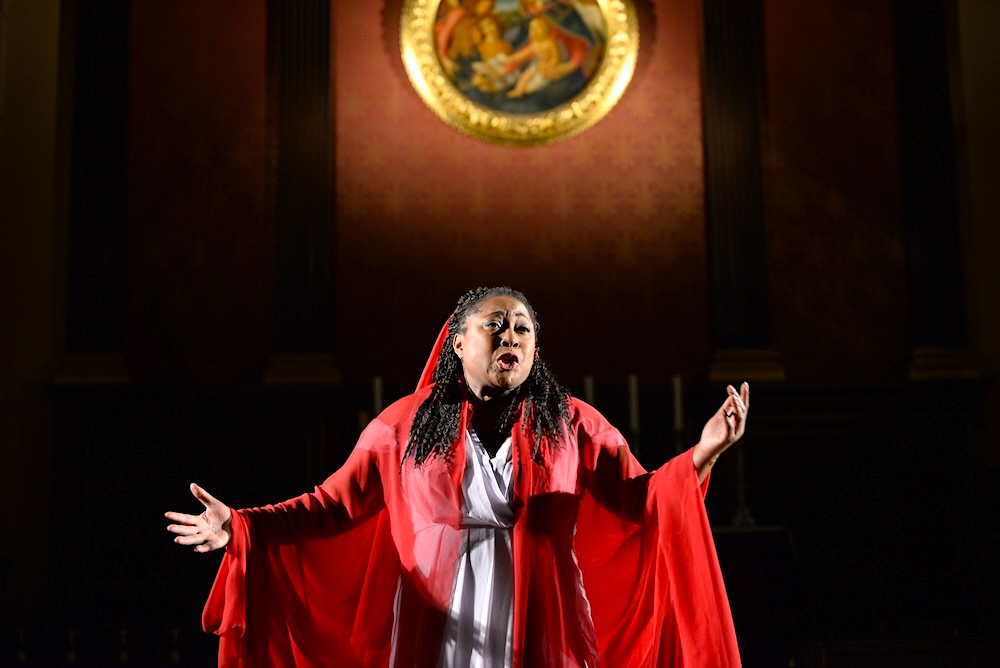
“It’s important to always hear new voices and push the limits of people. You may not like it all, but you should be exposed to it. I present music that’s diverse. You might have a bit of opera, music by Black and Asian composers and sung in different languages in French, German, African, Sanskrit, Hindi, so there’s something for everyone to enjoy,” Buchanan explains.
“Historically, opera audiences were full of people who had a bit of money and were usually white. Now they’re getting older, it’s not just about how do you diversify opera in terms of race and identity, but also age.
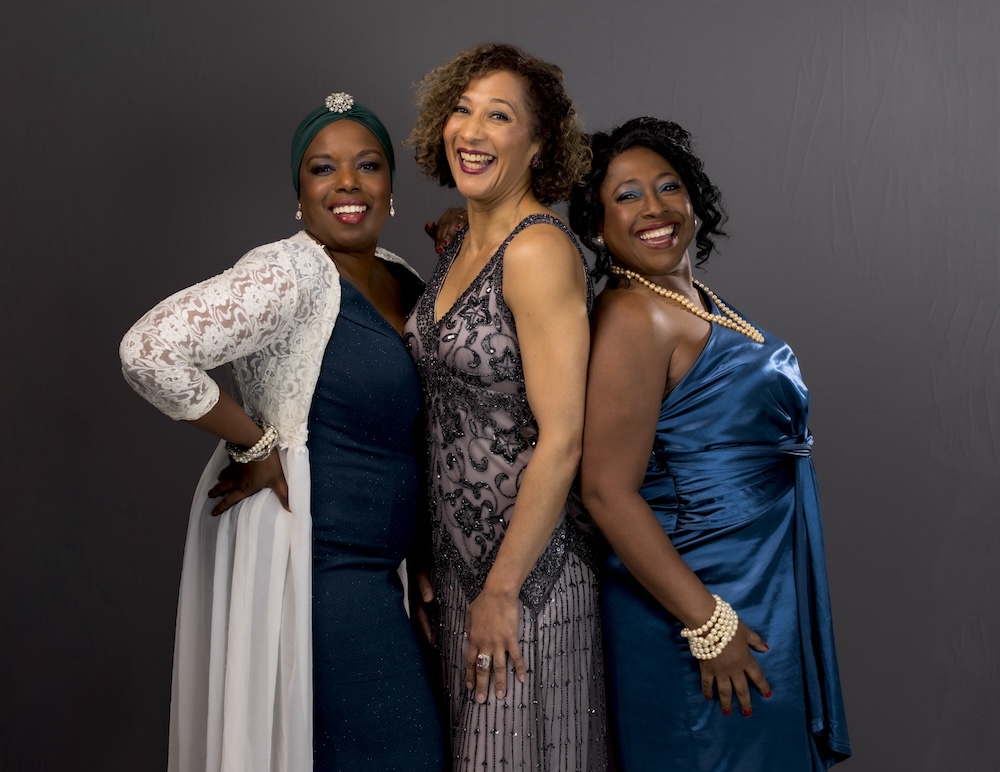
“As for its future – my vision is more diversity on stage, different composers, new voices and more interesting stories being told. If I want to go and see an opera about coalminers or life in Brixton, I should be able to.”
Hear, hear. Pegasus Opera Company’s new Windrush Concert and Exhibition will be touring various UK locations from June.
Size doesn’t matter
Think opera is too big, too long and too grand? Think again. Intimate in scale, but packing no less of a powerful punch, OperaUpClose set the benchmark for Fringe opera to flourish by innovating an established repertoire experimenting with length and size of productions and taking performances out of opera houses and into smaller venues. Fifteen years later (and one Olivier Award heavier) it has taken high quality, contemporary productions all over the UK, performing in underserved locations, schools, even nurseries, and on board cruise ships. Artistic Director Flora McIntosh’s relationship with OperaUpClose is longstanding, starring in many productions as a singer, she now leads a female team – a happy accident but still a rarity in the industry – from a dynamic cultural hub in Southampton.
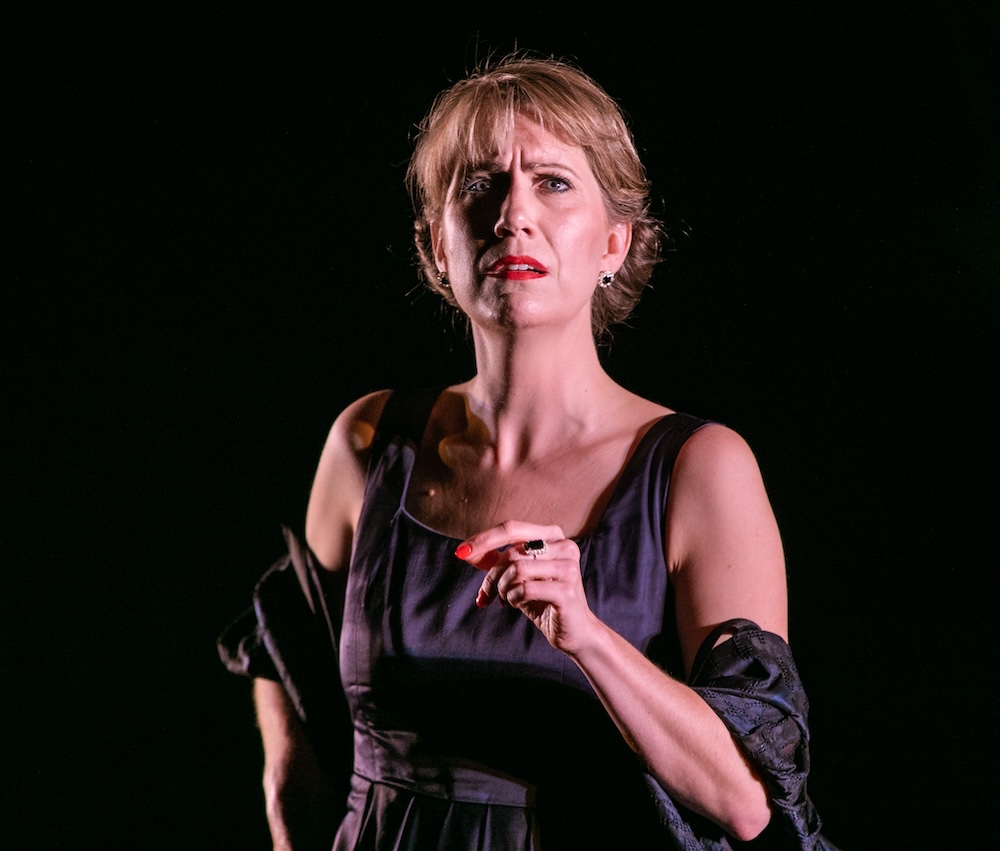
“There is this assumption that if you do things on a smaller scale that it’s bad, it’s a reduction or that it’s somehow less taxing and easier,” says McIntosh. “It’s not actually, it’s much harder we’re totally exposed with nowhere to hide, but everything we do is an artistic choice, it’s not random! Our shows are always in English, if English wasn’t the original language of the piece you won’t get a direct translation, it will be a significant rethinking of the music, the sound, the storytelling within the excellent structure of that piece, creating a really visceral experience where you feel right in the middle of it. People often comment, ‘That’s not what Mozart would have wanted’, to which the only response is, I don’t know how you’d know.
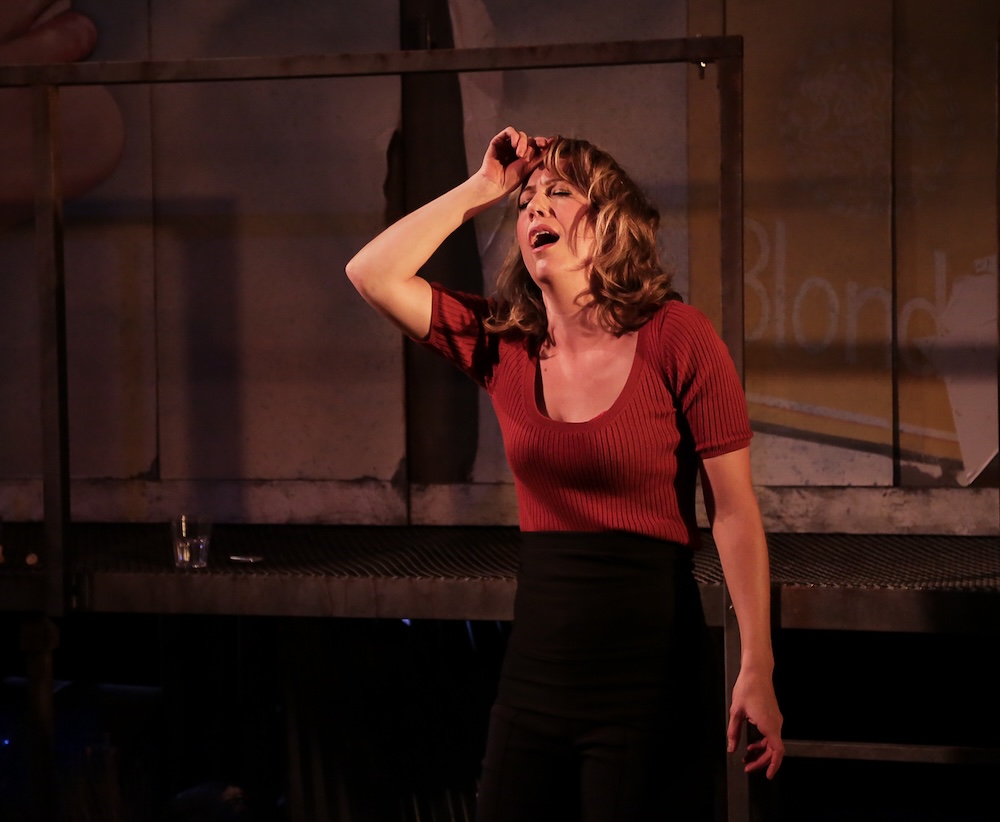
“The only way opera is going to survive is we broaden our vision and start believing the art form exists with real authenticity and brilliance at different scales. We are restricted all the time in opera by imagining that we don’t have choices, which is seriously limiting. Opera is cool, it’s weird, it’s extreme, it’s like permission to go big. What do we mean by operatic, look at Beyoncé – operatic! Be braver, opera can take it.”
Oh yes it can. Riders to the Sea is currently in development and will be touring nationwide from Feb 2024.
Singing for change
Ever wondered what it is like to be an opera singer? Roderick Williams is an established composer and sought-after baritone. His career has seen him conduct the BBC Proms, compose for King Charles III and most recently take on several characters in a Welsh National Opera (WNO) production of Benjamin Britten’s Death in Venice.
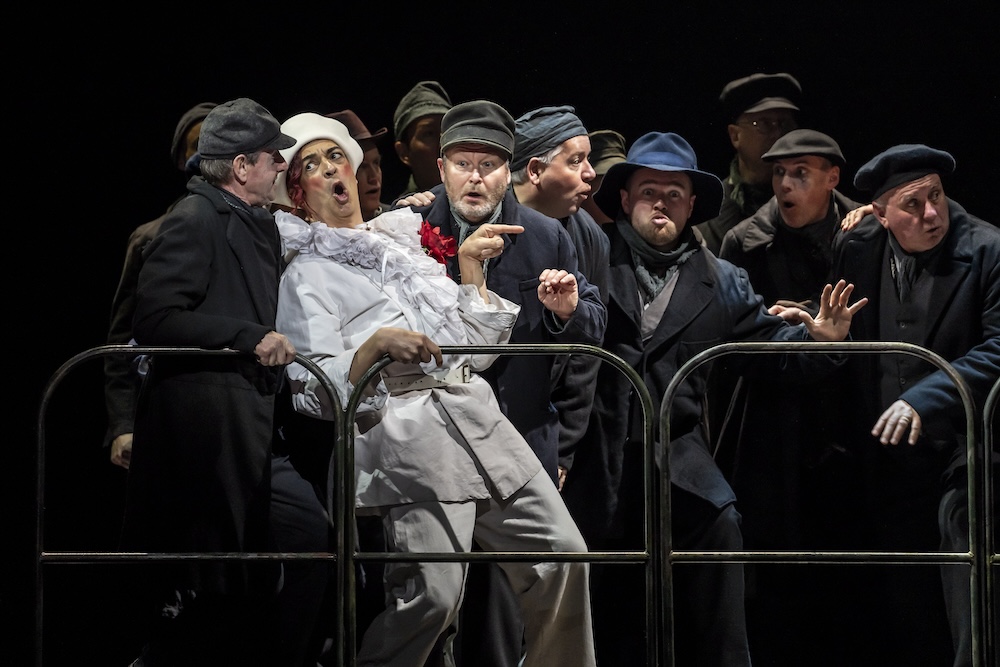
“The thing I love most is that I get to make fantastic music, with fantastic people, in fantastic places,” exclaims Williams. “Beautiful cities with their beautiful cathedrals and I get to yell loudly in them, it’s great! And people pay me to do it, I seriously lucked out there.
“If I could change one thing, it’s people’s perception of opera. The general media discussion around classical music, tends to be twinned with the word elite or elitist. If you twin the word elite with sport, it’s a good thing – the result of extraordinary dedication and sacrifice. Put the word with classical music, and it’s bad, it’s excluding sections of society from access to this music, which seems to me a very broad brush overview of where my profession sits in the public consciousness in this country.”
Starry support
To keep opera alive, there needs to be a conveyer belt of fresh talent coming up through the ranks. Since 1978 the National Opera Studio (NOS) has played an instrumental role in securing, perfecting and preparing the young artists that walk through its doors for a career in the arts. Working in partnership with six of the UK’s leading opera houses, and with an impressive alumni – hello Alfie Boe, Lesley Garrett, Wynne Evans and Alice Coote – a position at NOS is now a covetable slot.
Eric Melear joins NOS in July as Artistic Director and brings with him a wealth of experience from a decorated career as a conductor and pianist and from his work leading talent development programmes at Houston Grand Opera and Wolf Trap Opera in Virginia.
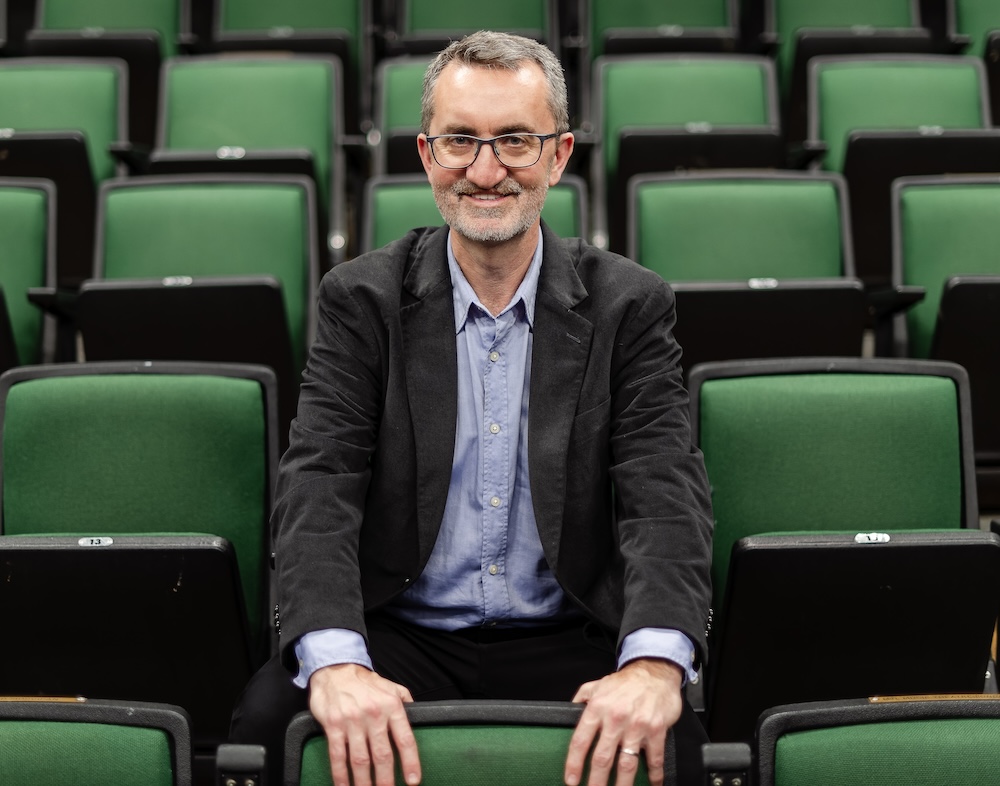
“At NOS as well as supporting artists with the demands of a career in the crazy world of the arts right now, we’re focused on developing how we help people from neurodiverse and deprived backgrounds meet the demands of an opera house that isn’t prepared to meet those challenges in the same way,” says Melear.
“I’m also interested in opera representing the communities that it serves, so that people see themselves both on and off the stage, and can take part in the art form if they want to. We need to develop stories that are relevant and, most importantly, reinterpreting our core works to make sure they stay relevant. That’s what we’ve been tossing around so far and I’m excited to get started.”
No more old dead white people
Talent isn’t the only thing young artists need to succeed – resilience is essential. Andrew Griffiths trained at NOS in 2005. He is a pianist, viola player, conductor and a singer enjoying a varied and successful career in both opera and choral music. Now Head Coach at NOS, Andrew is heavily involved with all aspects of the young artists’ training, from auditions and programming concerts to preparing them for life on tour and helping them with CVs and self promotion.
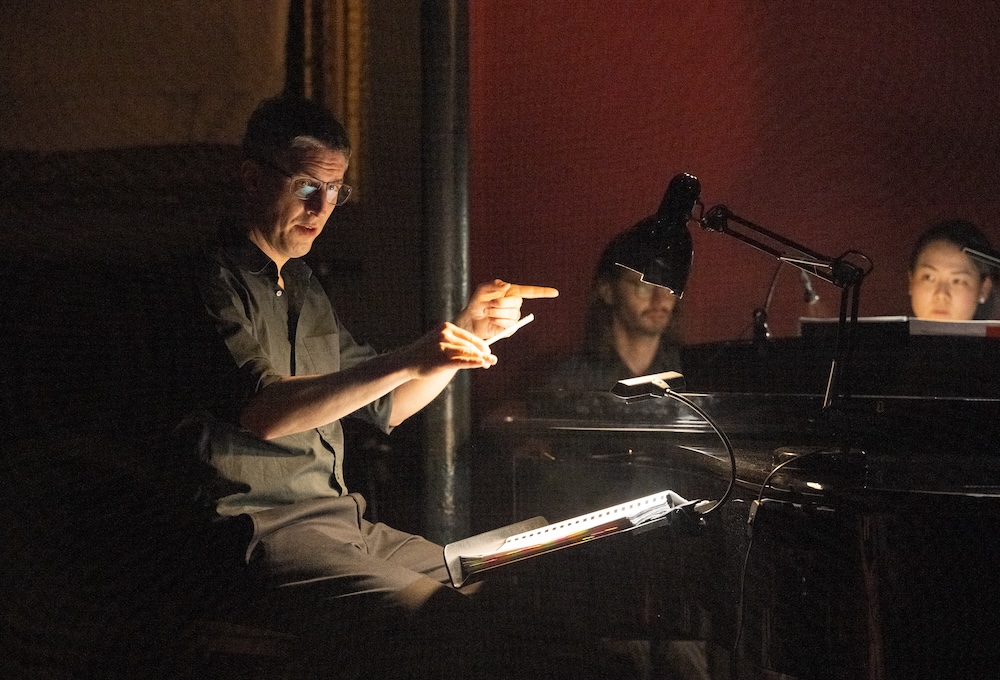
“Twenty years ago, you were strongly encouraged to have a specialism. Now we really encourage people to have as many strings to their bow as possible,” explains Griffiths. “It’s an absolute moral imperative to give people as many possibilities to succeed because there simply isn’t as much work in any given direction. We’re also doing everything we can to diversify our repertoire – we can’t just keep doing the same, old, 19th century works by the same, old, dead, 19th century white people!
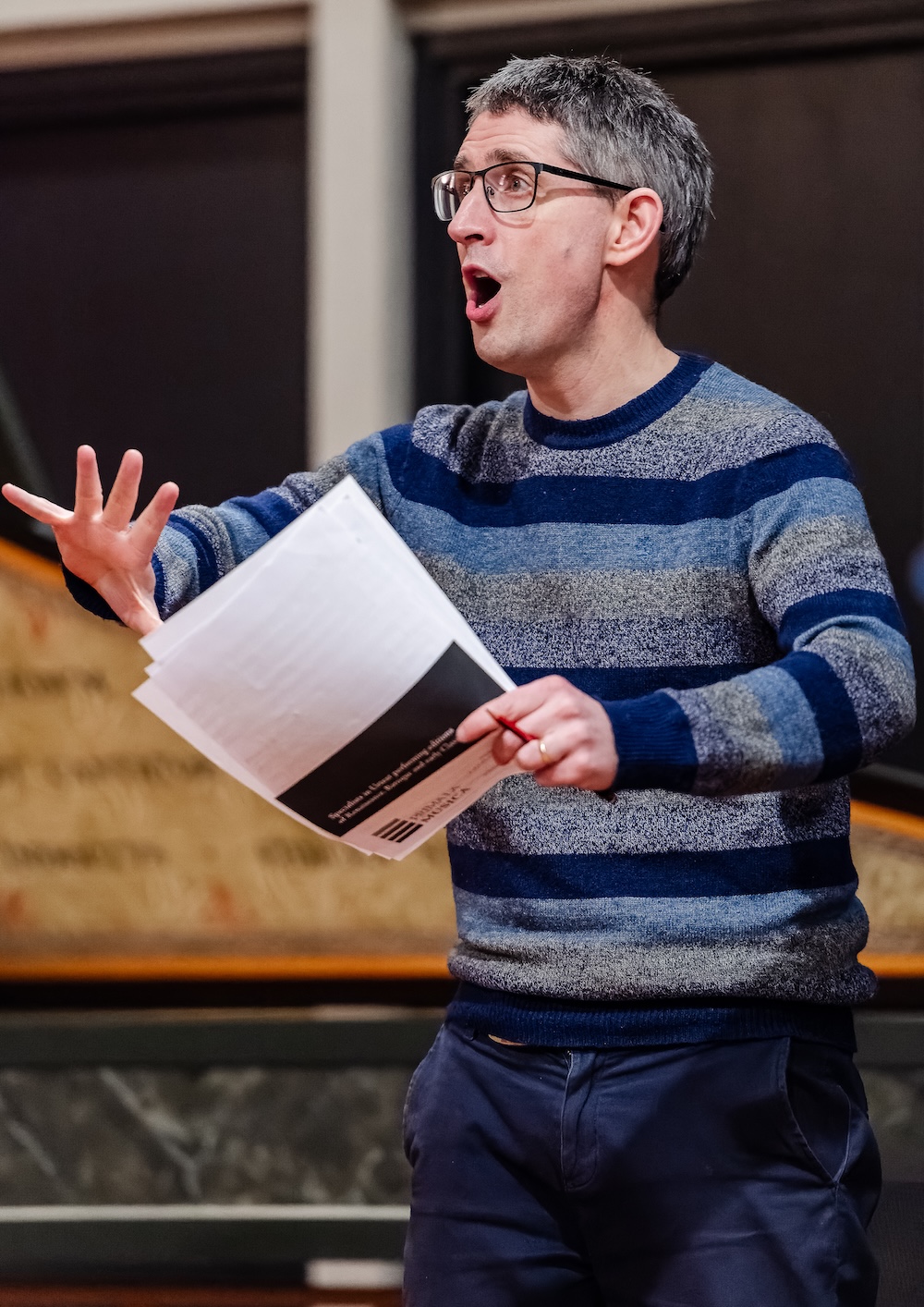
“One of the things I’m in charge of at NOS is the musical development of our young artists. As well as working with them 1:1, I also choose all sorts of guest artists – conductors, singers, language and resilience coaches – to shape, encourage and develop what they do. This year the Irish Olympic hockey team coach, Clíodhna O’Connor, joins us.
“She trained as a musician before going onto sport and performance psychology. Though she’s from a different field, having to prepare someone over a long period of time to peak at a particular moment has a lot in common with putting on an opera. She understands what our young artists are going through, but is coming at it from a completely different angle.”
Fancy seeing some of the young stars in action? The 2023/24 Young Artists of NOS will be performing at Cadogan Hall, Tue 11 Jun.
Words: Claire Hool
You may also like










